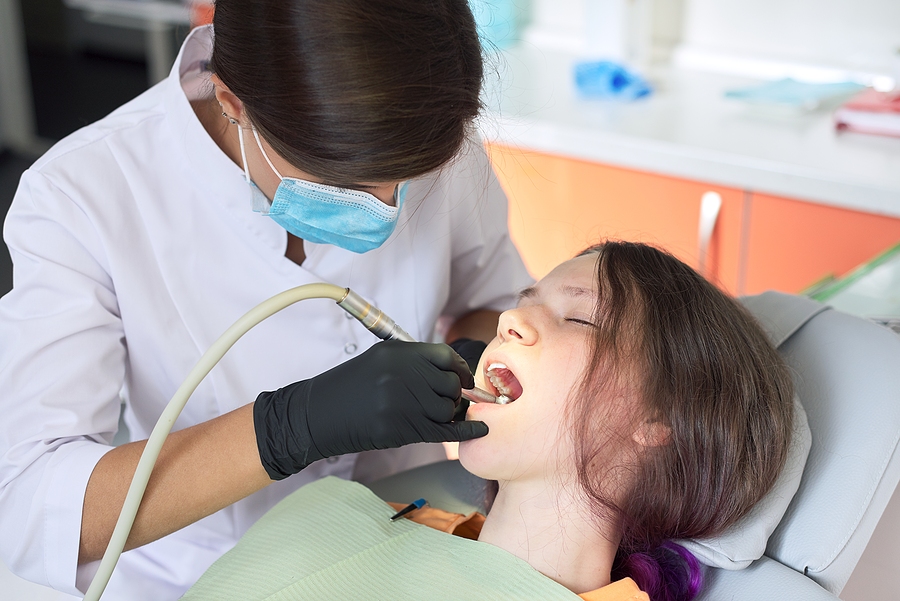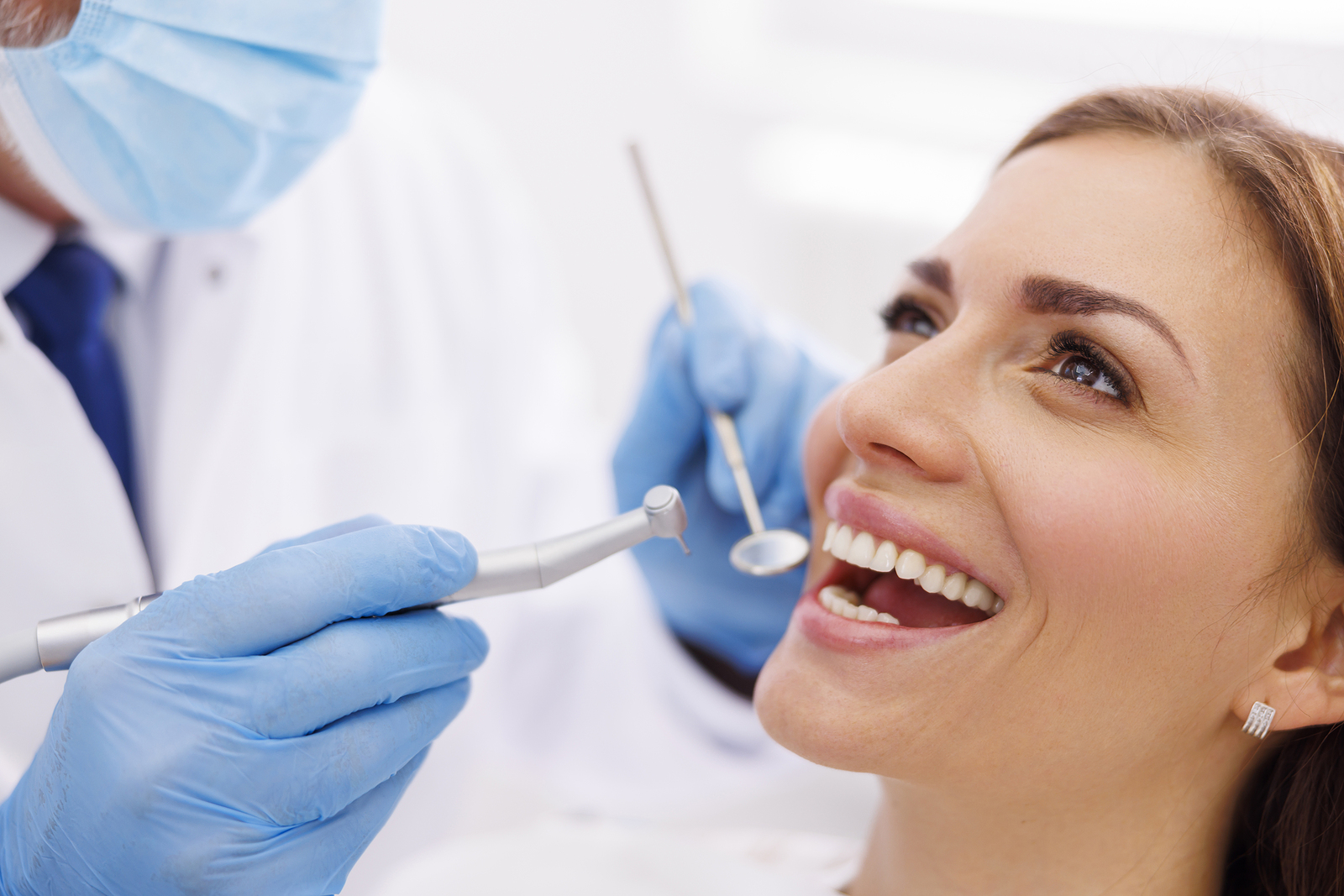Dental Hygiene Tips for Seniors: Maintaining Healthy Teeth and Gums as You Age
Posted by West Lake Dentistry Jul 28, 2024

As we age, maintaining dental health becomes increasingly crucial yet challenging. For seniors, the importance of proper dental hygiene cannot be overstated, as it plays a pivotal role in overall health and quality of life. At West Lake Dentistry in Denver, NC, we understand the unique dental needs of older adults and are committed to providing guidance and care - dental checkups, cleanings, and treatments to ensure optimal oral health. This comprehensive guide will delve into essential dental hygiene tips specifically tailored for seniors, addressing common issues and offering practical solutions to help you maintain healthy teeth and gums as you age.
Understanding the Dental Challenges of Aging
Aging brings about several changes that can impact oral health. Common challenges include:
- Decreased Saliva Production: As we age, the salivary glands may produce less saliva, leading to dry mouth (xerostomia). This condition increases the risk of tooth decay, gum disease, and oral infections.
- Gum Recession: The gums naturally recede with age, exposing more of the tooth surface and increasing the risk of gum disease and tooth sensitivity.
- Enamel Erosion: Years of wear and tear can lead to the erosion of tooth enamel, making teeth more susceptible to decay and sensitivity.
- Medications and Health Conditions: Many medications have side effects that can affect oral health, such as dry mouth. Additionally, certain health conditions like diabetes can impact gum health and overall oral hygiene.
- Difficulty with Mobility: Physical limitations can make it challenging to brush and floss effectively, increasing the risk of dental problems.
Essential Dental Hygiene Tips for Seniors in Denver, NC
Maintaining a diligent dental hygiene routine is critical for preventing issues and promoting long-term oral health. Here are some tailored tips to help seniors achieve and maintain a healthy mouth:
Brush Your Teeth Twice a Day
Brushing your teeth is the cornerstone of good dental hygiene. Seniors should brush their teeth at least twice a day—once in the morning and once before bed. Use a soft-bristled toothbrush to avoid damaging gums and enamel. Consider electric toothbrushes, which can be easier to handle and more effective at removing plaque.
Use Fluoride Toothpaste
Fluoride helps strengthen tooth enamel and prevent decay. For seniors, fluoride toothpaste is especially important, as it helps protect against cavities and enamel erosion. Make sure to use a toothpaste that contains fluoride and avoid rinsing with water immediately after brushing to allow fluoride to have maximum benefit. Contact us to learn more.
Floss Daily
Flossing is essential for removing plaque and food particles from between teeth and along the gumline, areas that a toothbrush cannot reach. For seniors who may have difficulty using traditional floss, alternatives like floss picks or water flossers can be effective and easier to manage.
Stay Hydrated
To combat dry mouth, drink plenty of water throughout the day. Staying hydrated helps maintain saliva production, which is crucial for oral health. Chewing sugar-free gum or sucking on sugar-free lozenges can also stimulate saliva flow.
Visit Your Dentist inDenver, NC Regularly
Regular dental check-ups and cleanings are vital for maintaining oral health and addressing any issues early on. Seniors should schedule dental visits at least every six months. During these visits, your dentist in Denver, NC can check for signs of gum disease, cavities, and other oral health problems. Don’t hesitate to discuss any changes in your oral health or difficulties you’re experiencing with your dentist.
Pay Attention to Denture Care
For seniors who wear dentures, proper care is essential. Clean dentures daily using a denture cleanser and a soft-bristled brush. Avoid using regular toothpaste or abrasive cleaners, as they can damage dentures. It’s also important to remove dentures at night to give your gums a chance to rest. If dentures don’t fit properly, consult your dentist for adjustments.
Maintain a Healthy Diet
A balanced diet rich in fruits, vegetables, lean proteins, and whole grains supports overall health, including oral health. Foods high in calcium and vitamin D are particularly beneficial for maintaining strong teeth and bones. Limit sugary snacks and beverages, as they can contribute to tooth decay and gum disease.
Manage Health Conditions
Chronic conditions like diabetes can significantly impact oral health. If you have a condition that affects your mouth, such as diabetes or heart disease, work closely with your healthcare provider and dentist to manage it effectively. Good oral hygiene can help prevent complications related to these conditions.
Use Mouthwash Wisely
Mouthwash can be a useful addition to your oral hygiene routine. Look for alcohol-free mouthwashes to avoid drying out the mouth. Antimicrobial mouthwashes can help reduce plaque and control gum disease. However, mouthwash should complement, not replace, brushing and flossing.
Practice Good Oral Hygiene for Overall Health
Oral health is closely linked to overall health. Poor dental hygiene has been associated with conditions such as heart disease and respiratory infections. By maintaining good oral hygiene, you not only protect your teeth and gums but also support your general well-being.
Special Considerations for Seniors in Denver, NC
As you age, you might encounter specific oral health issues that require additional attention:
- Tooth Sensitivity
Tooth sensitivity is common among seniors due to enamel erosion and gum recession. If you experience sensitivity, use toothpaste designed for sensitive teeth and avoid extremely hot or cold foods and drinks. If sensitivity persists, consult your dentist for further evaluation and treatment options.
- Oral Cancer Screenings
Oral cancer risk increases with age, so regular oral cancer screenings are important. During routine dental visits, your dentist will examine your mouth for any signs of oral cancer, such as unusual sores or lumps. Early detection is key to successful treatment.
- Dry Mouth Management
Dry mouth can be exacerbated by medications and health conditions. If you suffer from persistent dry mouth, discuss it with your dentist. They may recommend special saliva substitutes or other treatments to help manage the condition.
- Treatment for Gum Disease
Gum disease, or periodontal disease, becomes more common with age. If you notice symptoms such as bleeding gums, persistent bad breath, or gum recession, seek dental care promptly. Your dentist may recommend scaling and root planing or other treatments to manage gum disease effectively.
Conclusion
Maintaining good dental hygiene is essential for seniors to ensure healthy teeth and gums throughout life. At West Lake Dentistry in Denver, NC, we are dedicated to supporting our senior patients with personalized care and practical advice. By following these dental hygiene tips and staying proactive about your oral health, you can enjoy a healthier, more vibrant smile well into your golden years. Remember, your oral health is a crucial part of your overall well-being—don’t hesitate to reach out to your dentist with any questions or concerns.
To find out more about the dental services offered at West Lake Dental Care, call 704-483-1870 or schedule an online consultation. You can also visit us at 298 N. Hwy 16 Suite E, Denver, NC 28037.
Office Hours
MON9:00 am - 5:00 pm
TUE - WED7:00 am - 3:00 pm
THU7:00 am - 2:00 pm
FRI - SUNClosed








